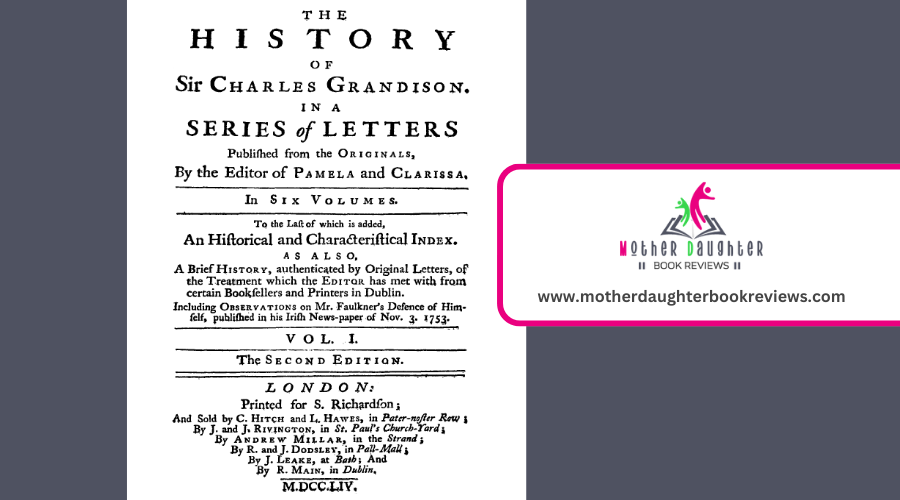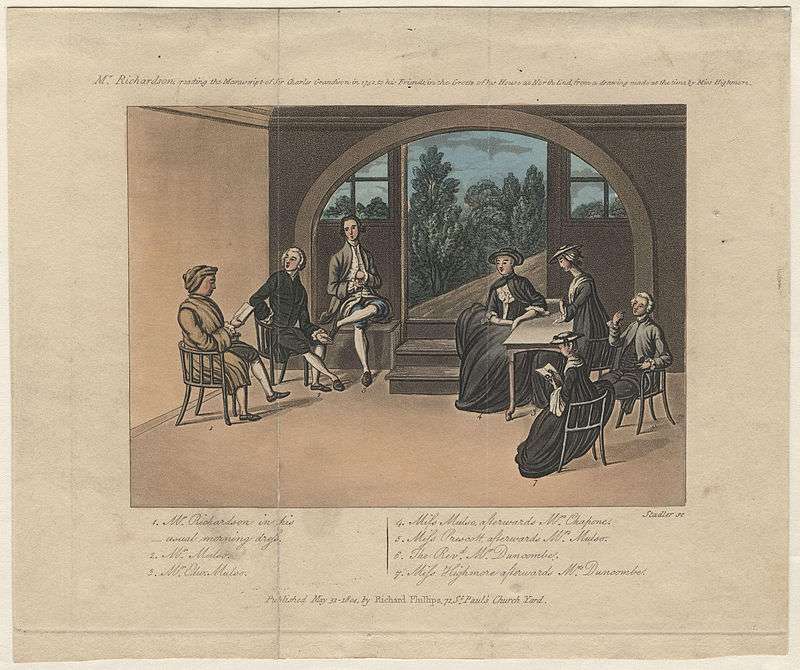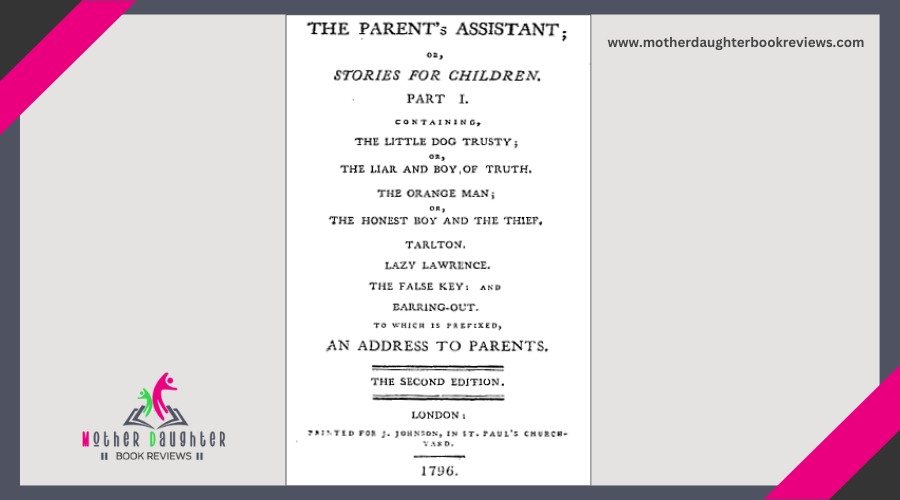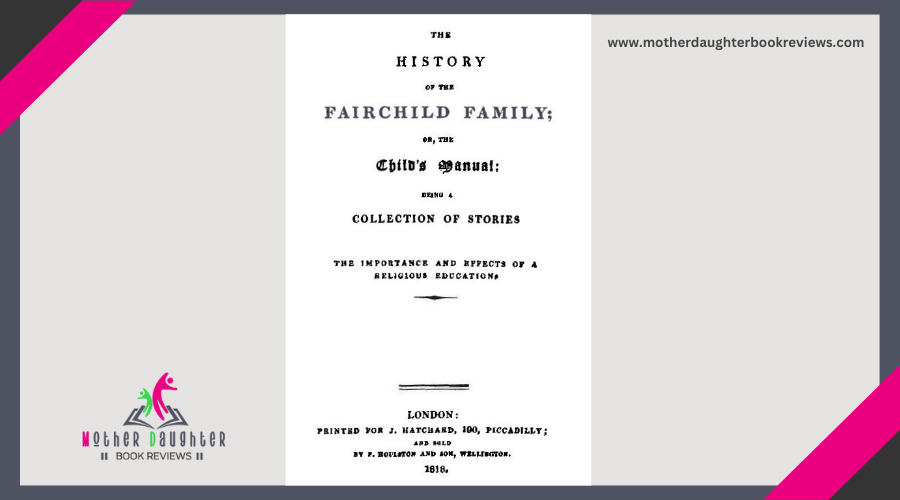Lessons of Virtue in Richardson’s Sir Charles Grandison

In the children's version of the History of Sir Charles Grandison, you'll find valuable life lessons in integrity, compassion, and ethical decision-making. You learn that staying honest and true to your morals builds long-term respect and trust. Sir Charles's acts of kindness highlight the importance of empathy and helping others, regardless of their social status. Making ethical choices and considering the greater good over personal gain demonstrates strong moral principles.
Furthermore, cultivating honesty and good character enriches relationships and fosters a fulfilling life. These principles guide you toward a just and reputable existence, and there's more to uncover.
The Value of Integrity
Integrity is the cornerstone of Sir Charles Grandison's character, and it's a trait that sets him apart from others. When you observe Sir Charles, you notice his unwavering commitment to honesty and moral principles. He doesn't waver, even when faced with difficult situations. This steadfastness is what makes him a role model for many.
Imagine you're in a position where telling the truth might cost you dearly. Sir Charles shows that maintaining integrity can lead to long-term respect and trust. You see, he believes that being truthful, even when it's hard, is crucial for building genuine relationships and a solid reputation. His actions consistently align with his words, demonstrating a rare and admirable consistency.
Acts of Compassion
Sir Charles Grandison's acts of compassion are as notable as his integrity. When you read about his life, you can't help but be struck by his kindness and empathy. For instance, he often goes out of his way to help those in need, regardless of whether they're friends or strangers. His actions show you that true compassion isn't about grand gestures but the small, consistent acts of kindness that make a real difference.
One memorable example is when Sir Charles helps a destitute family. He doesn't just offer them money; he takes the time to understand their needs and provides long-term solutions, like employment and education. By doing so, he guarantees they can support themselves in the future. This teaches you that compassion involves a commitment to improving others' lives sustainably.
Moreover, Sir Charles treats everyone with respect and dignity, regardless of their social status. He listens attentively and offers help without expecting anything in return. This approach encourages you to be more considerate and thoughtful in your interactions with others. Through his compassionate acts, Sir Charles Grandison shows you that empathy and kindness are vital components of a fulfilling life.
Ethical Decision Making
Beyond his acts of compassion, Sir Charles Grandison's life is also a demonstration of the significance of ethical decision-making. As you read his story, you'll notice how he consistently chooses the morally right path, even when it's difficult. This teaches you that ethical decisions aren't always easy, but they are crucial for building a life of integrity and respect.
For instance, Sir Charles often faces situations where he must choose between personal gain and the greater good. He always opts for the latter, showing you that true leadership involves placing others' needs above your own desires. His decisions are guided by strong moral principles, which serve as a powerful reminder that ethical behavior builds trust and fosters lasting relationships. As illustrated in various quotes from the history of Sir Charles Grandison, he reflects, “He who is a man of honor will never forsake his duty, no matter the temptation.”
Moreover, Sir Charles's actions highlight the significance of considering the long-term consequences of your choices. By thinking ahead and weighing potential outcomes, you can make decisions that not only benefit you but also positively impact those around you. His example encourages you to be thoughtful and deliberate, ensuring that your actions align with your values. Another profound quote captures this sentiment: “The true measure of a man lies not in his accomplishments, but in his capacity to make the right choice when faced with adversity.”

Importance of Honesty
While steering through life's complexities, you'll find that honesty remains a vital virtue. In the children's version of the history of Sir Charles Grandison, honesty isn't just a moral ideal; it's a practical necessity. Sir Charles consistently demonstrates that being truthful, even when it's hard, builds character and earns respect. When you're honest, you create an environment of trust and transparency, which is fundamental for personal growth.
Imagine facing a challenging situation where you might be tempted to bend the truth. The story of Sir Charles shows that sticking to honesty avoids the tangled web of lies and deceit. It might be uncomfortable in the short term, but it ultimately leads to a clearer conscience and a solid reputation. People will see you as reliable and trustworthy, qualities that are invaluable in any aspect of life.
Moreover, honesty helps you stay true to yourself. When you're honest, you align your actions with your values, leading to a more fulfilling life. Sir Charles exemplifies this by consistently choosing truth over convenience, illustrating that honesty isn't just about others—it's about self-respect and integrity. So, accept honesty, as it paves the way for a more straightforward and meaningful life.
Building Strong Relationships
Just as honesty lays the groundwork for personal integrity, it also forms the cornerstone of strong relationships. When you are truthful with others, you build trust, a fundamental aspect of any meaningful connection. Trust allows you to communicate openly, share vulnerabilities, and rely on each other in times of need.
To build strong relationships, start by actively listening. When you truly hear what others are saying, you show that you value their thoughts and feelings. This fosters mutual respect and understanding. Don't just wait for your turn to speak; engage with what's being said and respond thoughtfully.
Another key element is empathy. Try to see things from the other person's perspective. When you acknowledge and validate their emotions, you create a safe space for honest dialogue. This emotional support strengthens your bond and deepens your connection.
Consistency is also essential. Be reliable and keep your promises. When others know they can count on you, it reinforces their trust and solidifies the relationship.
Lastly, don't shy away from resolving conflicts. Address issues directly but kindly. Constructive communication can turn disagreements into opportunities for growth, making your relationship even more resilient.
The Power of Good Character
Good character is the bedrock of a fulfilling and respected life. When you consistently choose to act with integrity, kindness, and honesty, you build a reputation that others admire and trust. Sir Charles Grandison's story teaches that a strong moral foundation isn't just about following rules; it's about embodying virtues in every aspect of your life.
By practicing good character, you inspire those around you to do the same. People naturally gravitate towards individuals who are dependable and fair. Your actions, motivated by genuine concern for others, create a ripple effect, fostering a positive environment wherever you go.
Wrapping Up
In the history of Sir Charles Grandison summary, his unwavering integrity and compassion earn him respect and admiration, even from those who initially oppose him. You learn that facing adversity with grace and maintaining your principles strengthens your resolve and credibility.




